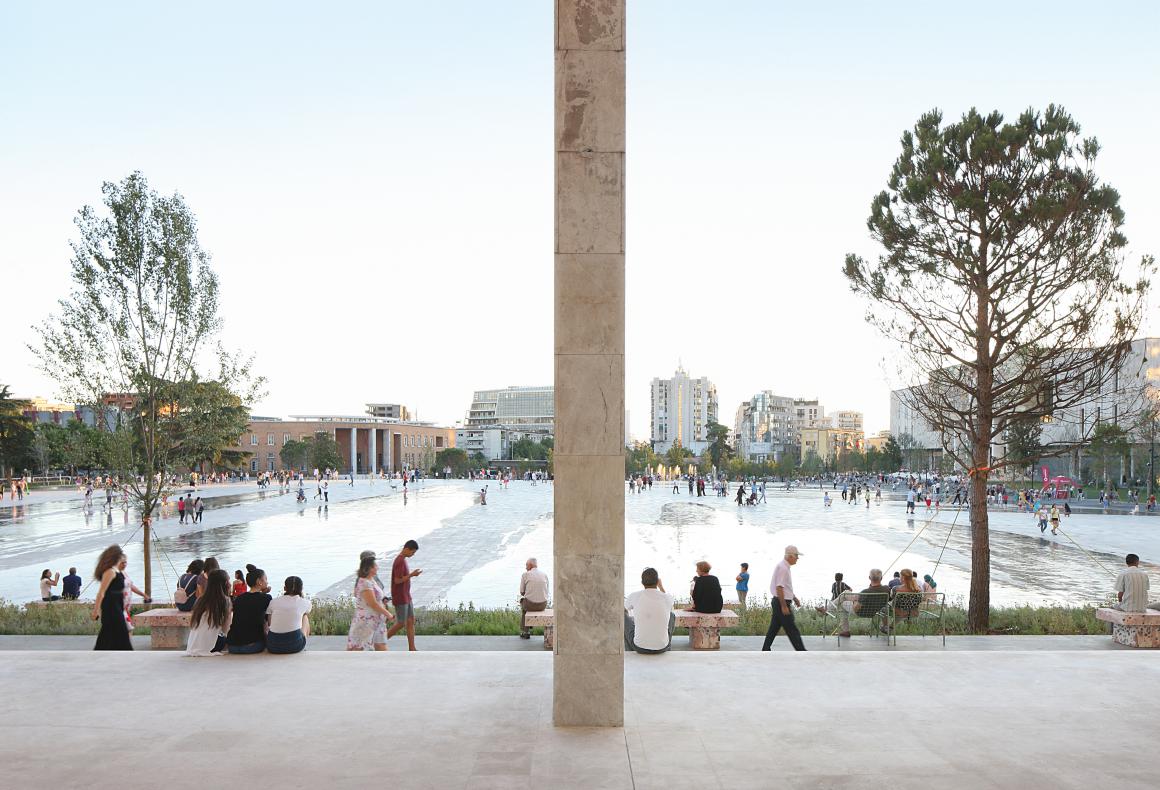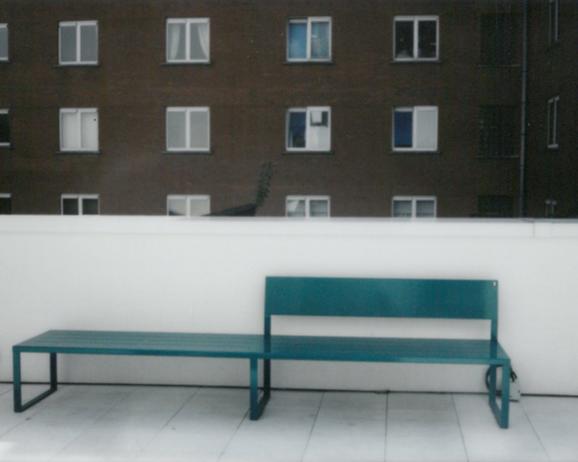Lecture and discussion with Aline Gheysens, Freek Persyn, Sotiria Kornaropoulou, Filip Dujardin
In the frame of the last weekend of the exhibition ‘The Bench: a Microscopy’, Freek Persyn will be presenting Skanderbeg Square, the recently renovated central square of the Albanian capital Tirana. He will expose the links between this large scale democratic ground and its public furniture: small in scale yet crucial elements of the project fostering the appropriation of public space and facilitating multiple collective and individual experiences. The presentation will be followed by a talk on the topic of public furniture and their role in public space. Before the presentation you can join a guided tour with the curator of the exhibition The Bench: a Microscopy, Aline Gheysens.
Free entrance
Chapter #1 is a publication that shows the ambitious transformation of Skanderbeg Square in Tirana, Albania. The project was initiated by the then mayor of Tirana and current prime minister of Albania Edi Rama and finished under current mayor Erion Veliaj. It is the result of a collaboration between the Belgian architecture office 51N4E, the Albanian artist Anri Sala, the Belgian environmental designers Plant en Houtgoed, and the Albanian project-management company iRI. Transforming the central square of a nation that was founded only in 1912 and that is now a developing, young democracy, the project compresses all the hopes and tensions that come with that transition. With its focus on transition, this publication is the pilot of a series called Chapters, a progressive documentation of the work of the architecture office 51N4E and its collaborations with related people and practices. Every Chapter combines the presentation of one or more projects with a forward-looking reflection on the key issues that shape them. Produced progressively over the course of the next few years, the series intends to outline how 51N4E engages with contemporary society in all of its complexity.

